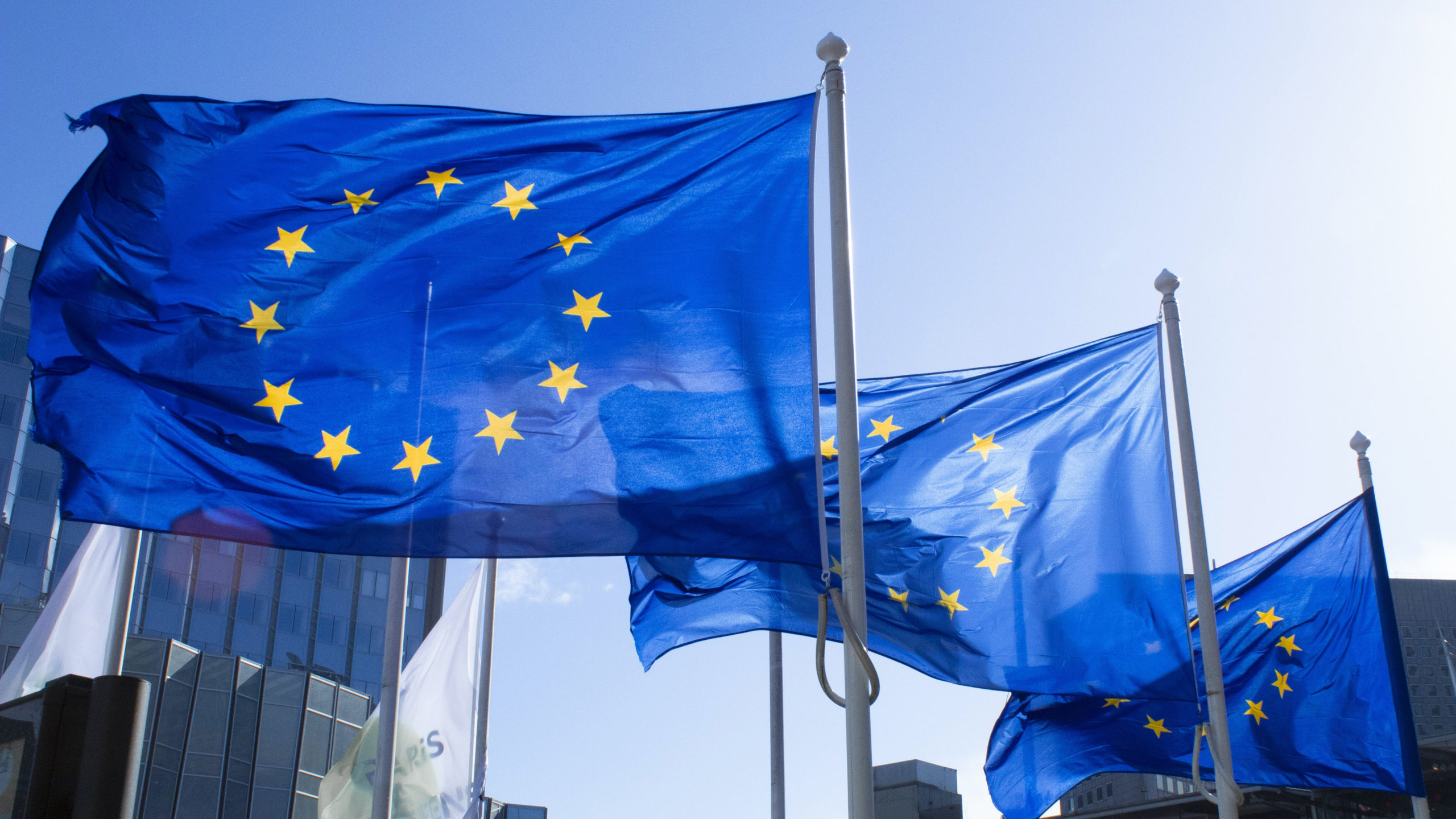On 19 July 2022, the European Union commenced North Macedonia’s accession process, ending decades of delay. Since 2001, politicians in Skopje have sought full integration of North Macedonia into the EU, but to no avail. First vetoed by Greece in 2008, North Macedonia’s accession bid had once again stalled over a 2020 Bulgarian veto that cited historic ethnic and linguistic disputes, which undermine the very concept of North Macedonian national identity. The EU’s urgency is an attempt to bolster European security amidst Putin’s belligerency in Ukraine. However, the cost of membership for North Macedonia has the propensity to be an existential demoralizer (and destabilizer) to its polity. Serious political consideration is required in Skopje.
The first veto over North Macedonian accession came from Athens in 2008 over the Macedonian name dispute, dating back to 1991 with the fall of Yugoslavia. Greek politicians claimed that the name ‘Macedonia’ implied irredentist intentions towards Greece’s own northern province of the same name. Compromise was finally reached in 2018 with the Prespa Agreement, when both Athens and Skopje concurred that the then-Republic of Macedonia was to become the Republic of North Macedonia. The agreement was widely believed to have finally opened the door to North Macedonia’s integration, with the EU provisionally approving accession talks in March 2020.
However, the cost of EU membership to the national identity and morale of North Macedonia is already perceptible. To even be considered eligible, North Macedonia was compelled to redefine its name and, therefore, its national identity. It is unquestionably demeaning that EU membership requires reconceptualizing national identity, reflected in the fact that the majority of North Macedonians, understandably, opposed the deal.
Momentum towards accession after Prespa, nevertheless, was short-lived. In November 2020, Bulgaria utilized its veto on membership, as is the prerogative of all EU member states, over historic ethnicity and language disputes. The relationship between Bulgaria and North Macedonia has been, since its inception, ethnically and linguistically complicated. Bulgaria may have been the first nation to recognize the independence of the then-Republic of Macedonia in 1992, but ever since, Bulgaria has refused to recognize Macedonians as a separate ethnic group and the Macedonian language as a separate language. Many Bulgarians consider the concept of a Macedonian nation contrived and the Macedonian language a ‘dialect’ of their own.
To resolve these disputes and strengthen relations between the two states, the governments of Bulgaria and North Macedonia signed a friendship treaty in 2017. Skopje hoped this would assist the EU accession process. However, the treaty and its implementation provided little resolution, creating further hinderance to North Macedonia’s EU membership bid. Bulgaria accused Skopje of state-sponsored anti-Bulgarian ideology and requested the EU refer to the Macedonian language as the ‘Official language of the Republic of North Macedonia.’
It is clear that the politicking of Sofia exudes overt anti-Macedonian sentiment, pandering to its own population; for instance, 84% of Bulgarians were opposed to North Macedonian accession over such ethnic and linguistic disputes in a November 2020 poll. It is indisputable, then, that North Macedonia’s membership of the EU can only be achieved if Skopje continues to allow an external degradation of its national identity and language. Such an unjust precondition is sure to fuel demoralization and destabilization and, therefore, raises the question: is it worth it?
The EU certainly thought so, pushing through accession legislation with exigency to bolster European security amidst Russian belligerency on the continent. In June 2022, the French presidency of the EU council proposed a revised deal to expedite dispute resolution and facilitate North Macedonia’s integration into the bloc. The French deal declared Skopje must enshrine its Bulgarian minority constitutionally, whilst Sofia asserted that its acceptance of the deal does not equate to the recognition of the existence of the Macedonian language or people. The Bulgarian hypocrisy is glaring but the North Macedonia’s acceptance of such is dangerous.
Both Skopje and Sofia eventually succumbed to intense EU pressure to accept the deal, removing the veto. Notwithstanding, the fallout in both North Macedonia and Bulgaria has been bleak, with both respective populations enraged. The pro-Western government of Bulgaria was peacefully toppled, but the political situation in North Macedonia has turned violent.
On 4 July, protestors symbolically burned the 2017 Bulgarian friendship treaty, the 2018 Prespa agreement, and the French revised deal, labelling the documents as ‘fascist.’ Rioting on the 6 July saw Molotov cocktails launched at the Skopje parliament building, amidst chants that Bulgaria is a ‘fascist state’ and the EU a ‘fascist union.’ Protestors have since demanded the resignation of the government— who labelled the protests as pro-Russian—and the rescindment of the Prespa agreement. Such violence could scupper North Macedonia’s accession bid entirely, as membership requires peaceful democratic functioning.
Skopje’s accession bid to join the EU has already cost its population their national identity and its government the required political stability to successfully integrate. Accession attempts have required redefining national identity to appease Greek and Bulgarian demands, both of which have demoralized the North Macedonian people. Now, the national politics of North Macedonia have become violently destabilized, with widespread rioting threatening future political security: a manifestation of national demoralization. Politicians in Skopje must now determine whether accession to the EU is worth this immeasurable cost. It is wholly reasonable to assume that integrating North Macedonia serves the interests of the EU far more than that of Skopje.

